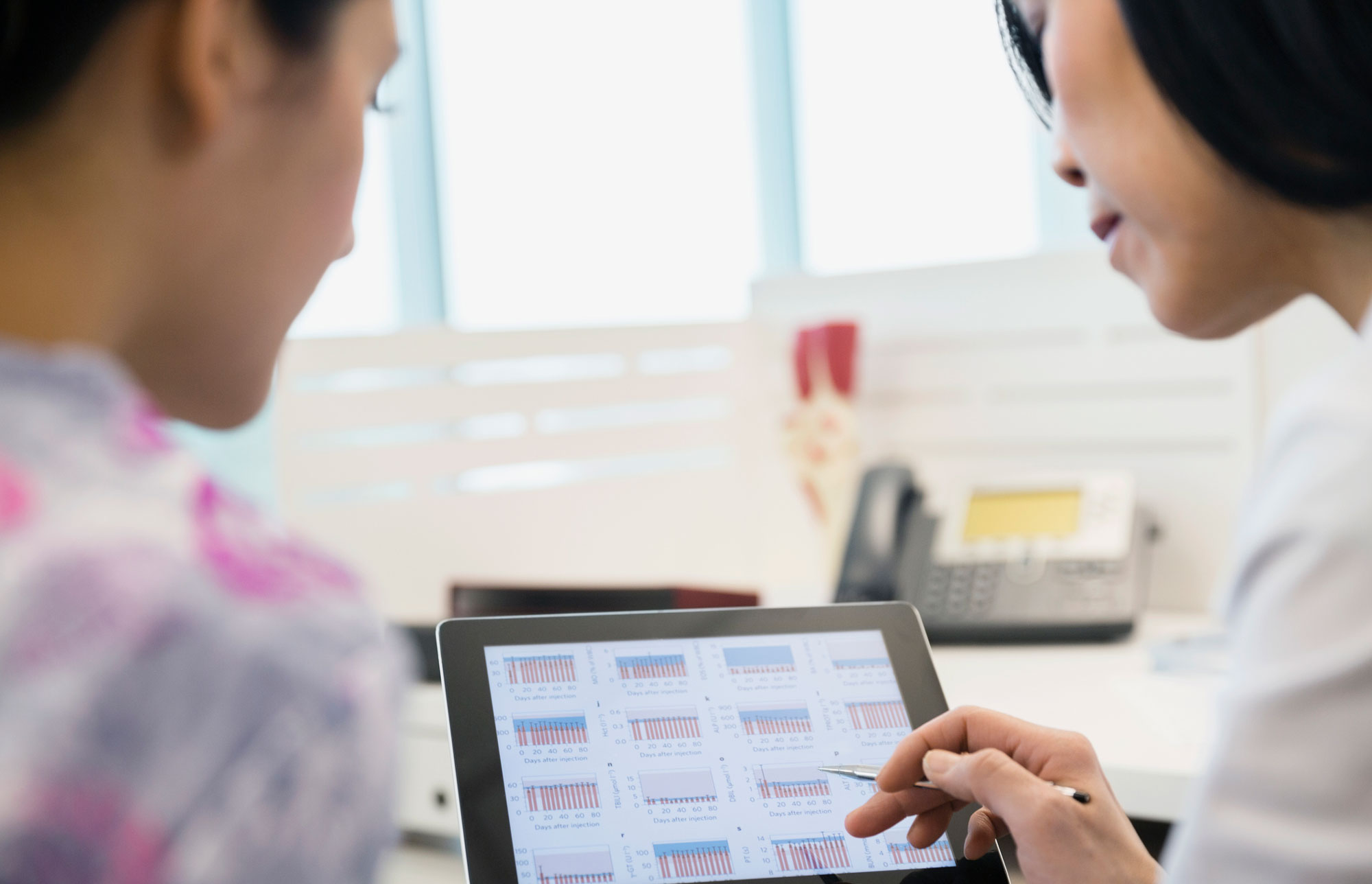Google is to get access to millions of Americans’ personal health data

The news: Google has signed a deal with Ascension, the second-largest hospital system in the US, to collect and analyze millions of Americans’ personal health data, according to the Wall Street Journal. Ascension operates in 150 hospitals in 21 states.
“Project Nightingale”: Eventually, data from all of the company’s patients (birth dates, lab results, diagnoses, and hospitalization records, for example) could be uploaded to Google’s cloud computing systems, with a view to using artificial intelligence to scan electronic records, or diagnose or identify medical conditions. The project, code-named Project Nightingale, began in secret last year, the WSJ reports. Neither patients nor doctors have been notified.
A touchy topic: Inevitably, there are worries. The company took control of the health division of its AI unit, DeepMind, back in November 2018, and people at the time warned it could pave the way for Google to access people’s private, identifiable health data. Ascension employees have raised concerns about how the data will be collected and shared, both technologically and ethically, the WSJ reports.
A competitive field: Amazon, Uber, and Apple are all pitching themselves as players in the lucrative health-care world too. However, Ascension is Google’s biggest cloud computing customer in health care so far, and this deal will put them ahead of the pack.
Keep Reading
Most Popular
Large language models can do jaw-dropping things. But nobody knows exactly why.
And that's a problem. Figuring it out is one of the biggest scientific puzzles of our time and a crucial step towards controlling more powerful future models.
The problem with plug-in hybrids? Their drivers.
Plug-in hybrids are often sold as a transition to EVs, but new data from Europe shows we’re still underestimating the emissions they produce.
Google DeepMind’s new generative model makes Super Mario–like games from scratch
Genie learns how to control games by watching hours and hours of video. It could help train next-gen robots too.
How scientists traced a mysterious covid case back to six toilets
When wastewater surveillance turns into a hunt for a single infected individual, the ethics get tricky.
Stay connected
Get the latest updates from
MIT Technology Review
Discover special offers, top stories, upcoming events, and more.